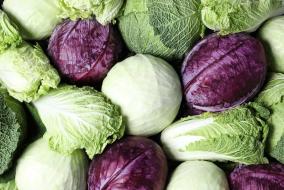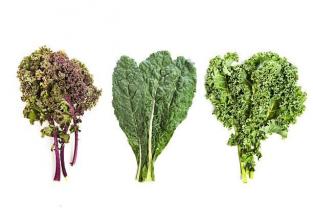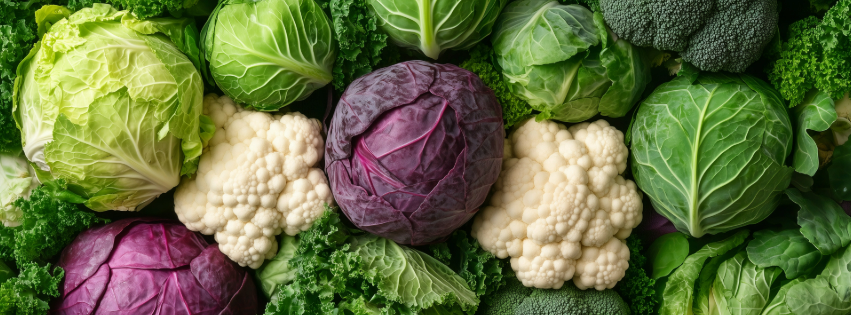
The advice you get about how to eat for better health can be a little overwhelming at first. You may be asking yourself, “How am I going to afford eating this way every day?”
While it is true that the money you spend on high quality food is an investment in your health (and worth it if you ask me!), getting started can be more affordable than you think. There is an incredibly nutritious food that’s very affordable and can even be grown with minimal fuss…

Cabbage!
This glorious cruciferous vegetable belongs to the same family as brussel sprouts, broccoli, and cauliflower and is incredibly nutritious. Cabbage is packed with Vitamin C, fiber and beta-carotene and generally costs just a couple dollars per head.
Vitamin C is essential for healthy bones, blood vessels, gums and teeth, just to name a few. It can also help heal skin diseases and arthritis. Fiber is important in balancing blood sugar, lowering cholesterol, maintaining good bowel health, and can aid in weight loss. You’ve probably heard beta-carotene (or Vitamin A) is great for eye health; it is also essential for healthy skin and immune system function. Beta-carotene and Vitamin C are also antioxidants and play a huge role in protecting our cells (and even our DNA) from free-radical damage.
Ready to add cabbage to your meal rotation at home? Try lightly steaming cabbage and adding to warm salads, using it in slaw, or throwing it on a grill for a couple minutes in thick 1 inch slices for a cabbage “steak”. Paired with corned beef, sauteed with peppers and onions, stuffed with your favorite protein, and as a base in soups are all other ideas for using cabbage in your weekly meals.
Want another vegetable that is versatile, cheap and packed with vitamins, fiber and antioxidants?
 Kale!
Kale!
Kale is among one of the most nutrient dense foods on the planet! With each serving of kale, your body gets tons of antioxidants such as Vitamin C and quercetin, Vitamin K (essential for blood-clotting and helps in building bones), B Vitamins (critical for immune and nervous system health and can help protect against depression), and essential minerals such as potassium, magnesium, and manganese. Kale can be cooked with bacon for a nutritious and delicious breakfast or side to lunch and dinner. Kale can be added to soups, stir frys, casseroles, slaw, and smoothies!
Tip: While eating organic is important as it protects you against toxins and pollutants that cannot be washed off your food, it would be better for you to eat conventional (non-organic) than to not eat them at all.
To see the top 12 most important foods to buy organic based on toxin exposure, visit www.EWG.org/foodnews/dirty-dozen.php
Tip: Thinking about the smell of cooked cabbage? That smell comes from the sulfur content, and while unpleasant, is also good for you! Sulphur plays an important role in removing toxins from our body. You can avoid that smell in your house by not cooking cabbage down quite as much – 7 to 10 minutes in a hot pan is plenty of time to make your cabbage tender and sweet. The Savoy variety of cabbage has less of a sulfur smell as well when cooked.
Try adding these two foods to your diet a couple times a week and you are well on your way to better whole body health!
–
Kelly Price-Brewer
Wellness Coach

